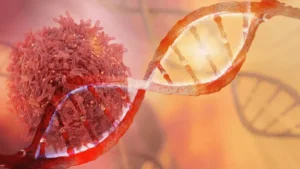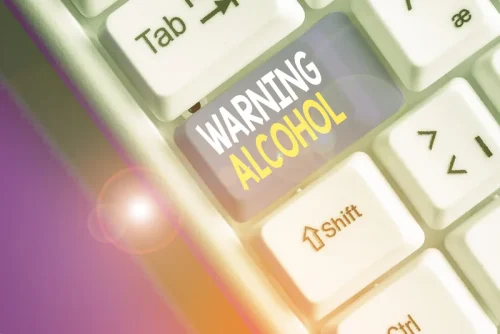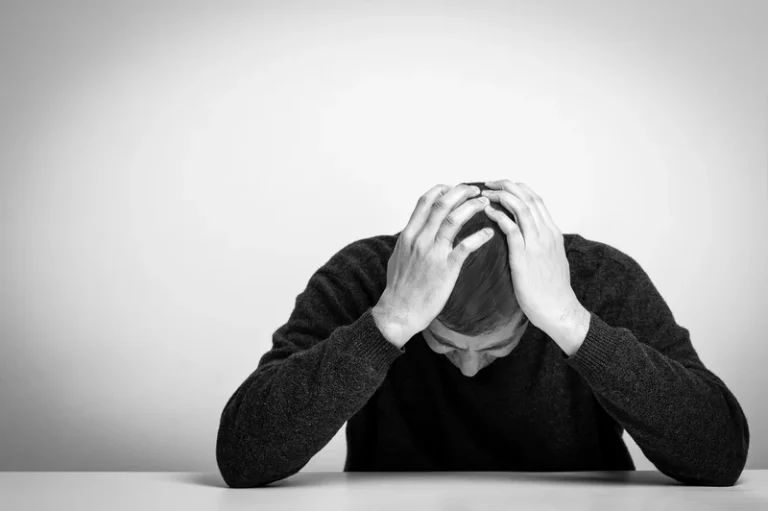9 Healthy Things That Happen to Your Body When You Stop Drinking for 30 Days or More

Quitting drinking not only bolsters your immune system but also becomes a crucial defense against diseases like cancer. Here’s a general breakdown of what can happen when you stop drinking for a month. It’s important to note that the timeline for experiencing these effects can vary among individuals.
Your Health
Here are six ways to make that happen — and, holidays or not, you don’t need to drink to celebrate. The challenge of this stage is to essentially develop and maintain healthy life skills that will serve you for taking a break from alcohol a lifetime. An exciting part of this period is that it can lead you to a happier life full of welcomed change and constant improvement. If you think you may have a drinking problem, you’re definitely not alone.
The First 24 Hours

You may find that spending time with loved ones without alcohol deepens those relationships and allows you to engage in more meaningful activities together. Alcohol is a depressant, meaning it slows down your body’s processes. Regular drinking can leave you feeling fatigued, sluggish, and unmotivated. When you remove alcohol from the equation, your body can function at a higher energy level.
Week three to four: Better skin, reduced anxiety, improved mood

Usually, when people drink large quantities of alcohol, they either don’t eat very much or don’t eat healthy food. In my eyes, it’s better to take an overall approach to your health and combine going sober with a good diet. Your sleeping pattern tends to improve because alcohol is a sedative, but it has a very short half-life. So even if you are incredibly inebriated and fall asleep, it’s likely you’ll wake up at some point in the night and experience rebound insomnia.
- If you need a break from alcohol, going alcohol-free for a month or more can bring about many physical and mental health benefits.
- For drinkers who have become alcohol dependent, taking a short break is likely not an option.
- As it breaks down, a by-product called acetaldehyde is produced.
- She said that patients who survive and make an effort to avoid alcohol can still improve liver function, even though the healing could take months.
Alcohol use can worsen existing anxiety and depression and lead to new diagnoses. Cutting back can improve symptoms, including “hangxiety” – struggling with hangover-related anxiety, restless sleep, and irritability. Most people stop having withdrawal symptoms four to five days after their last drink. Exploring, in writing, what you find difficult and when you most https://ecosoberhouse.com/ want to drink can help you notice patterns that offer more insight into your alcohol use. Comparing the emotions that come up when you have a drink with the feelings you experience when abstaining also helps you recognize when drinking doesn’t fix the problems you’re trying to manage. Family and friends can provide encouragement and support when you stop drinking.
Improved Mood
Behavioral Treatment


Responses